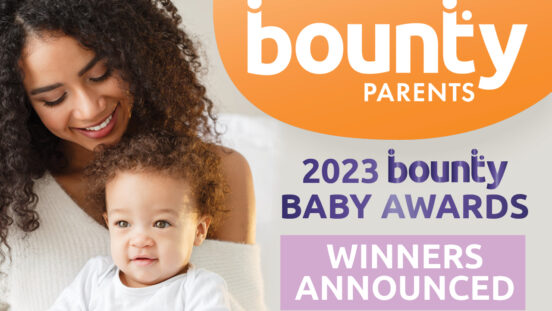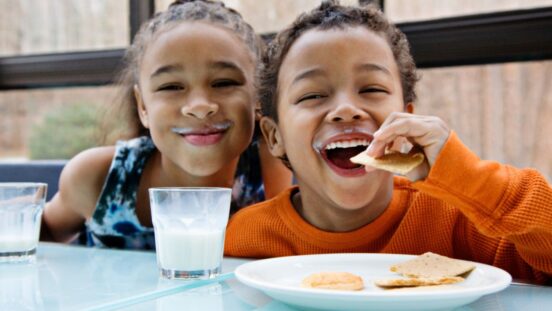These are the best foods for your baby’s brain
What your baby eats in the first 1000 days of their life will affect their brain as adults.
What your baby eats in the first 1000 days of life is pivotal to the development of their brain, says a new study. Certain foods ingested during their first two years of life can affect how fast your child will think, how good their memory is, and how well they can multitask as adults.
In the guidelines published in the medical journal Pediatric, the American Academy of Pediatricts say that certain nutrients, including protein, zinc, folate, certain vitamins and polyunsaturated fatty acids are critical for healthy brain development. They stress diets lacking these nutrients can lead to lifelong issues in brain function.
"The brain's structural foundation, along with billions of brain cells and trillions of connections between them, are built during this sensitive window of time," Dr. Sarah Jane Schwarzenberg, lead author of the policy statement and an executive committee member of AAP's Committee on Nutrition, said in a statement.
"If you miss the opportunity to meet developmental milestones during the first 1,000 days of life, then there's not an opportunity to go back and revisit them."
What should I feed my baby?
So, what exactly should baby be eating before 2 years of age?
Breast milk is recommended for newborns until they reach about six months old. After that, Dr Schwarzenberg says breast milk can't provide the amount of iron and zinc that growing babies need. She suggests breast milk should be supplemented with these nutrients if mums wish to continue breastfeeding, or babies should be introduced to foods rich in them. This practice is also in line with the World Health Organization's guidelines on complementary feeding.
Many baby foods are supplemented with zinc and iron; however Dr Schwarzenberg says pureed meats are a good natural source. Infant cereals may also be good first foods for babies as they are often enriched with zinc and iron.
After breast milk, a diet including protein packed meats and veggies containing different vitamins and minerals are best for a baby's developing brain.
"We want to make a positive statement about providing lean meats and fruits and vegetables, and also push back on the idea of superfoods," says Dr Schwarzenberg who adds that no single food can provide babies with the variety of nutrients they need.
While it's often easier to feed babies their favourite foods, Dr Schwarzenberg says a mixed diet is important.
"We all have a tendency to pick one or two things the child likes and not stray too much from them," says Schwarzenberg. "But if you are really looking to developing good brain health, then you really have to look at a variety of foods."




